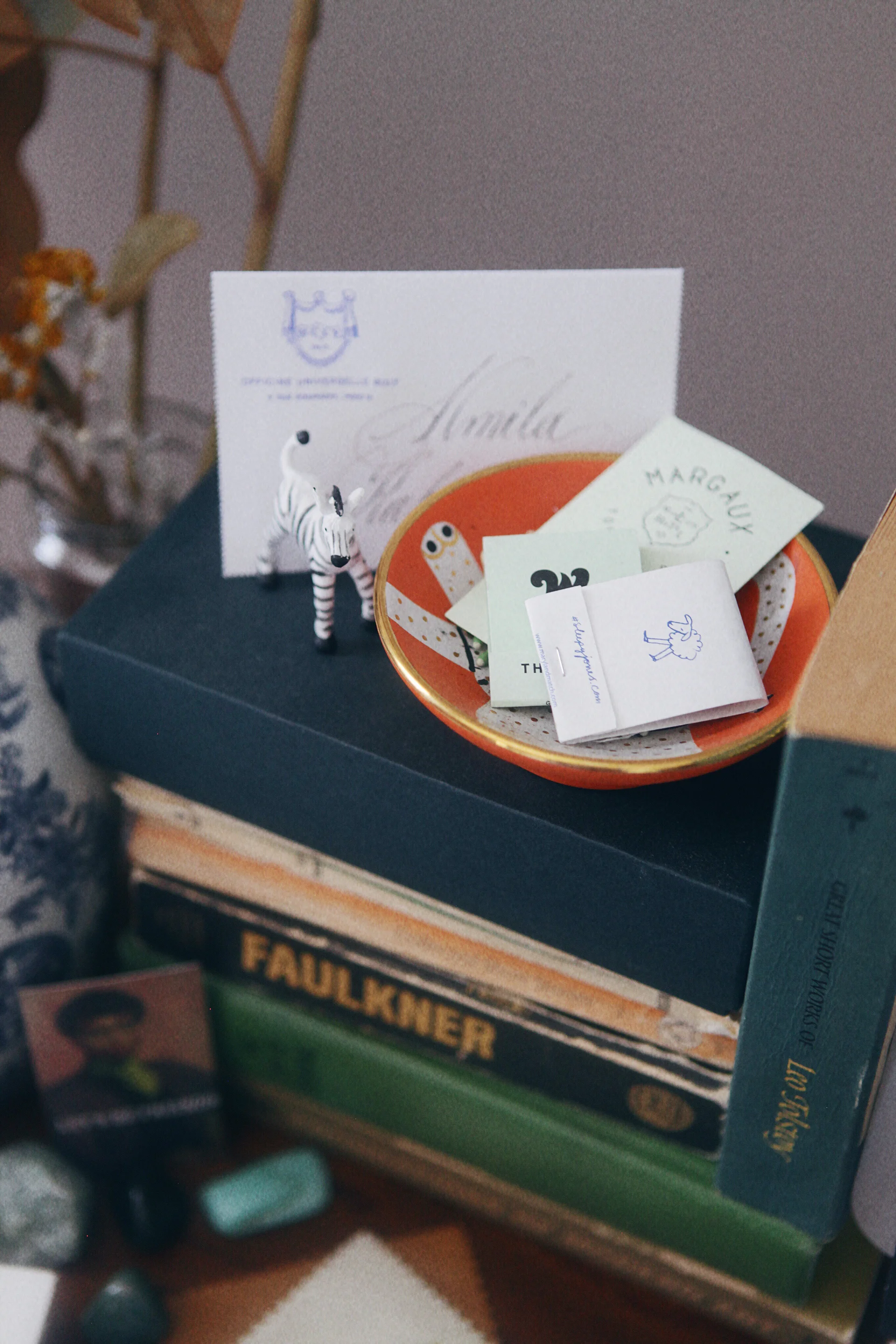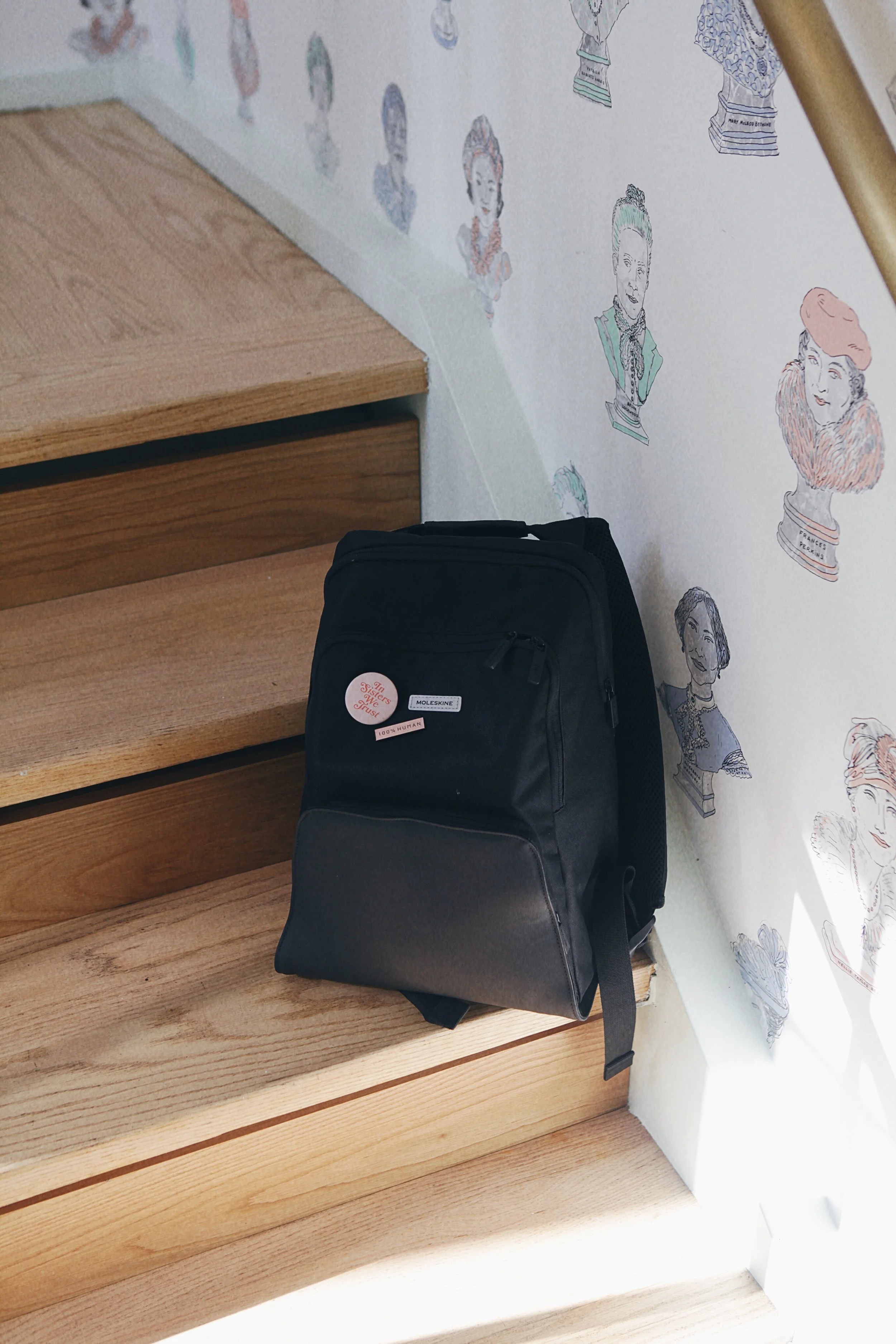Remembering Charlottesville Through Action
The black community and the people of color in Charlottesville have been battling this for many years . . . but a white girl dies and suddenly everybody goes, 'Oh my God we've got a problem.'
— Susan Bro, Mother of the late Heater Heyer
This post is in honour of the late Heather Heyer and the many known as well as unknown lives lost in ignorance, violence, and brutality.
Photo capture from "Two Trains Runnin'" (1964/2016)
This weekend marks the anniversary of the Charlottesville Riots. Within the year, we have faced additional gun violence, including the loss of Nia Wilson, mass shootings, and immigrant families torn apart. I feel the last deeply as an immigrant myself who has faced the threat & violence of Border Patrol.
As Susan Bro, the other of the late Heather Heyer who lost her life in white supremacist violence, says, the black and minority comunities have been battling this for centuries. Caharlottesville was a tragic incident but it was neither isolated nor suprising. On its one-year anniversary, our efforts to ameliroate systemic violence, disadvantage, and oppression must continue. Here are ways you can honour past lives and make those of the future better.
Taking action against this outrageous movement is taking action for the health of humanity. As the Southern Poverty Law Center aptly stated: "hate is an attack on a community's health."
Listen, Learn, & Read
Especially with the continuing onslaught of disheartening & enraging news, one might be tempted to turn off the news. But it's more critical now than ever to keep up-to-date on not just current news but also in longform discussions and pieces. Support your local newstations like NPR and newspapers. Our recommended podcasts for news & discussion are below, click on the titles to access their respective websites.
NPR's Code Switch | New Yorker Radio Hour | Still Processing | Radio Atlantic | The Daily by New York Times | NPR's It's Been a Minute
On the note of Sam Sanders's and Susan Bro's points, here is a list of books recommended by Longreads to understand the history behind the white supremacist movement.
“Even if we don’t think we’re part of the problem, we’re part of the system that has a problem. That means that every day we have to ask ourselves what we’re doing to make things better or worse. And a hashtag like #ThisIsNotUs… that’s just a cop-out.”
Take Monetary and/or Voluntary Action
The Leadership Conference also has a Guide on 10 Actions You Can Take to Fight White Supremacy. and so does the Sourthern Poverty Law Center with its 10 Ways to Fight Hate. These can be small steps ranging from calling out racism when it occurs in conversation to printing our fliers to distribute in your local community.
You can donate your time and/or money to the following organisations ceaselessly fighting against bigotry, racism, and violence:
The Southern Poverty Law Center | The Heather Heyer Foundation | The Stop Hate Project | Anti-Defamation League
“They knocked the baton out of her hand. Well, I picked it up and I’m not only running with that baton but I’m passing off little batons to as many people as I can.”
Recognise White Supremacy & Opression
Although last year's and continuing extremist neo-Nazi ideologies were abhorently palpable in Charlottesville, it's only one form of white supremacy that exists within our nation. To recognise and fight white supremacy and opression is to acknowledge all forms of its oppression, including the disproportionate numbers of blacks and other minorities who face police brutality & discrimination; are incarcertated; and are denied access to healthcare, fresh food, and healthcare just to name a few. The rotten cherry on top is the xenophobia and discrimination that immigrants, refugees, and Muslims continue to face in this country. Taking action against white supremacy and continuing to do so after Charlottesville is adressing all of these hateful actions. It's to aim towards contributing your voice and your time or money to redefine the opressive system in which we live.
The first, easiest, and daily action you can take is speaking out against bigotry and racism. When you hear or read racist comments from familiar or unfamiliar sources, speak out against them. You can find out how to report hate crimes here.
On a positive note, support diversity, inclusion, and intersectionality within your community, workplace, and conversations. Do the true self-care by interrogating your own privilege, biases, and ignorance as well. If you ahve children, talk to them openly about race without being "colour-blind." If you are an educator, teach acceptance, equality, and compassion.
Talk to your Representatives
You probably hear this over and over again, but it's true that it's critical for you to voice your thoughts to your representative. Demand that they speak out against white supremacy, biogtry, and hate. Be curious and ask them how they are taking action to prevent such violence and hatred in your area.
You may find your representatives through easy-to-use tools like 5calls and Call Your Rep as well as on the U.S. House of Representatives and U.S. Senatewebsites.



